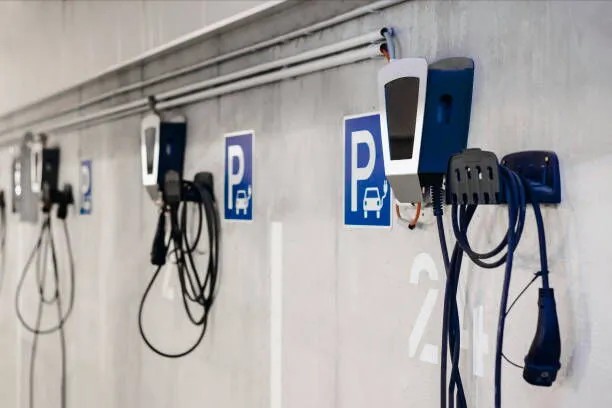Understanding IP Ratings for Electric Vehicle Chargers: Why They Matter for Durability and Safety
What Is an IP Rating?
An Ingress Protection (IP) rating is a standardized two-digit code that defines the level of protection an electrical enclosure provides against solid particles (like dust) and liquids (like water). The first digit measures protection against solids, ranging from 0 (no protection) to 6 (dust-tight). The second digit measures protection against liquids, ranging from 0 (no protection) up to 9K (resistant to high-pressure water jets).
For EV chargers, common ratings include:
- IP54: Limited dust ingress protection; splash-resistant from any direction.
- IP65: Dust-tight and protected against water jets.
- IP67: Dust-tight and can withstand immersion in water up to 1 meter for 30 minutes.
Why IP Ratings Are Crucial for China EV Chargers
1. Environmental Protection
EV chargers—especially outdoor units—are exposed to rain, snow, dust, and dirt. Proper IP ratings prevent dust from damaging sensitive components and protect against water ingress that can cause short circuits or electrical hazards.
2. Safety
Water or dust ingress can cause overheating, sparking, or electrical faults, posing safety risks. Higher IP ratings help safeguard users and equipment against these dangers.
3. Durability and Reliability
Chargers with suitable IP ratings withstand harsh environments longer, reducing downtime, maintenance frequency, and replacement costs. For instance, IP65-rated chargers reliably operate outdoors without frequent repairs.
4. Cost Efficiency
Although higher-rated chargers may cost more initially, their robust design results in fewer failures and lower long-term operational expenses.
5. Compliance
Many jurisdictions require minimum IP ratings (often IP65 or IP67) for public or outdoor chargers to meet safety standards and gain regulatory approval.
How to Choose the Right IP Rating
- Location: Outdoor or exposed environments demand higher IP ratings (IP65 or IP67).
- Environmental Factors: Consider local dust levels, rainfall, and potential flooding.
- Regulations: Verify regional standards for charger installation.
- Charger Type: DC fast chargers typically require higher IP ratings due to their complexity.
- Long-Term Planning: Invest in higher IP-rated chargers for better longevity and peace of mind.
Conclusion
Selecting an EV charger with the correct IP rating is fundamental to ensuring durability, safety, and regulatory compliance. Whether opting for IP54, IP65, or IP67, understanding these ratings helps business owners and facility managers choose chargers that can withstand environmental challenges, protect users, and deliver reliable performance for years.
Investing in high-quality EV chargers with appropriate IP protection is a smart step toward building a resilient and sustainable charging infrastructure. Know more about Google SEO Directory





Comments